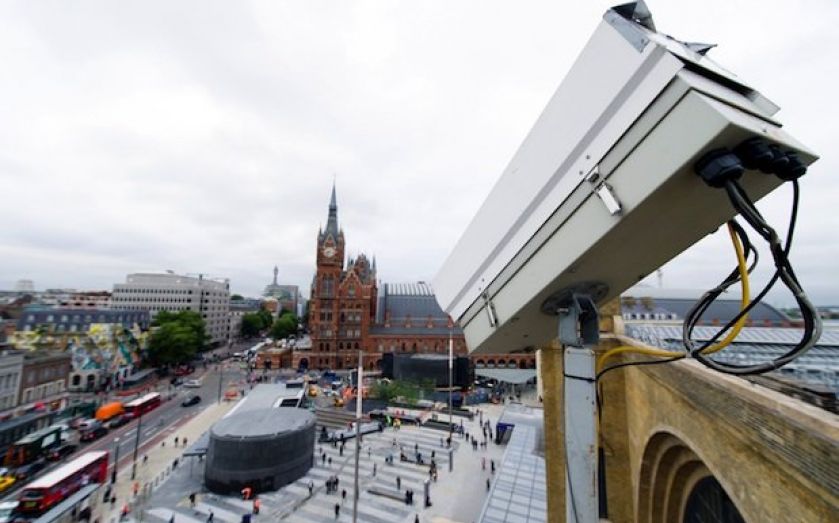The tech giants are right: We could be sleepwalking into a surveillance state

THE CHIEF executives of eight of the biggest businesses in the world sent a clear message to global leaders yesterday: as far as surveillance laws are concerned, the status quo is not an option.
It is hardly a common occurrence that AOL, Apple, Facebook, Google, LinkedIn, Microsoft, Twitter and Yahoo agree on something, let alone write to President Obama to bring it to his attention. Together, they claimed revelations exposed by Edward Snowden earlier this year “highlighted the urgent need to reform government surveillance practices worldwide,” and that “the balance in many countries has tipped too far in favour of the state and away from the rights of the individual”.
Their principles are a watershed moment in a debate that will define the future of our digital economy and individual privacy.
Combined, their companies are valued at $1.4 trillion (£853bn), and they serve billions of people around the world. Already, the internet contributes to 8.3 per cent of the UK economy, a bigger share than for any other G20 country. If we want to thrive as an economy the digital era, the concerns harboured by these tech giants cannot be dismissed. Oversight of the intelligence agencies and the legal framework is not just a matter of people’s privacy – it goes to the heart of confidence in Britain’s digital economy.
And the fact that several of them did not exist when Britain passed the laws governing online surveillance should reinforce the call for reform.
In response to revelations about British and US surveillance, some companies have already started taking steps to encourage businesses to move their data away from the UK and US. To give an example, www.e-mail-made-in-germany.de, the German mail provider which plans to enable encryption on all connections from 2014, is now being heavily advertised. And proposals have been tabled in several countries to stop US and UK companies offering services if the data is held overseas.
Deliberate efforts by our government to undermine encryption systems put at risk sensitive information, intellectual property and corporate communications, making the UK a less secure place to do business.
This Balkanisation is not a new issue. China and Russia have led international efforts to enshrine it into international governance arrangements for the web for several years. The US and UK, as part of the Freedom Online coalition, led the fight against a state-managed internet – only to see the issue take on new significance following the revelations about the scale of British spy agency GCHQ and US National Security Agency (NSA) surveillance.
Equally, reassurances from governments around the world have left a great deal to be desired. In both the UK and US, leaders have assured their citizens that they have superior legal protections to foreigners. While politically expedient, it is a dangerously short-sighted approach. As Facebook’s Mark Zuckerberg pointed out, the whole point of the internet economy is to have foreign customers.
One particularly disingenuous argument has been put forward that somehow mass data collection is not mass surveillance, because a legal check is in place before someone reads your emails. It’s like arguing that it isn’t an intrusion on our privacy to have a CCTV camera in your bedroom, providing someone has to get a warrant to look at the tapes. Such logic is being used by those arguing it was reasonable for the NSA to amass phone records of 320m people to investigate 300.
It is fair, of course, to say that these companies are not acting purely from public interest, as they do depend on our continuing acquiesce with their own data collection to generate their profits, to varying degrees. Arguably, the best protection for our privacy is for the data not to be collected in the first place, as opposed to regulations on how it can be used and shared. If data is collected, reliance on privacy policies longer than the theory of relativity is not an acceptable or sustainable model. That, however, should not detract from the significance of these tech firms calling for “wide-scale changes” to US government surveillance.
Perhaps the most troubling part of this debate is how reliant we have become on companies to inform us about the scale of government surveillance. It is only thanks to Microsoft’s own transparency report that we know the UK received more data from Skype than any other country in 2012, quite a different picture from suggestions the web was a Wild West for criminals.
Fears that Britain is sleepwalking into a surveillance state may sound dramatic, but without a marked increase in transparency and reform of the legal and oversight frameworks, it will remain a legitimate concern.
Nick Pickles is director of Big Brother Watch.